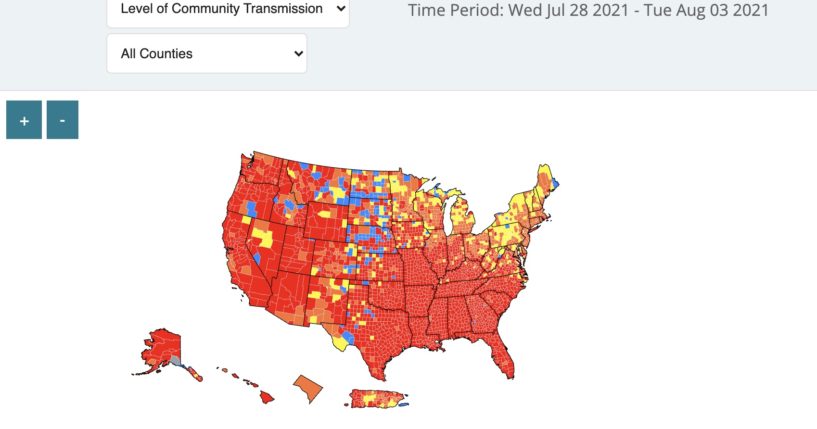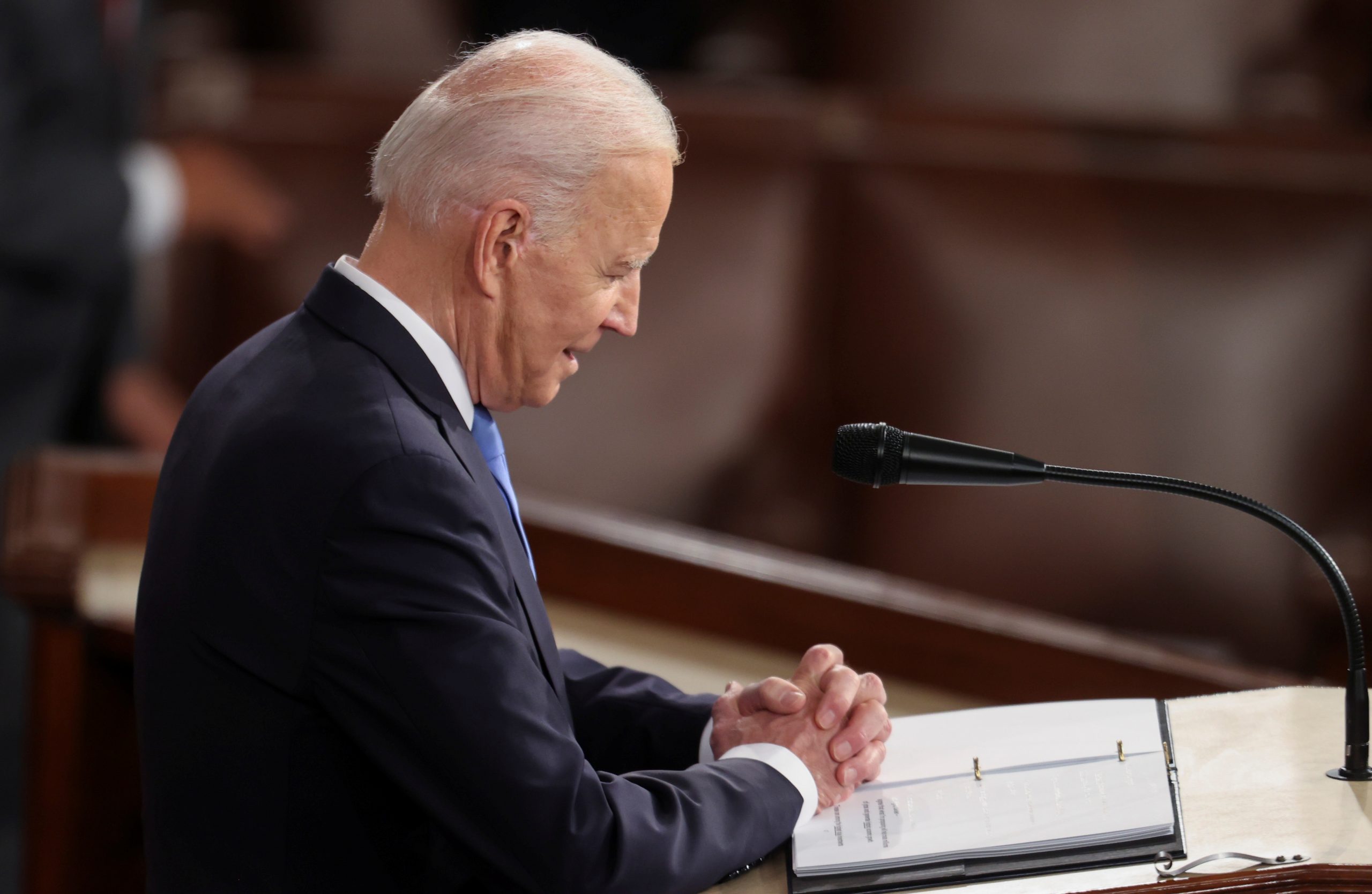At the height of the pandemic, one could make a case for an eviction moratorium.
A year and a half later, it’s nearly impossible — particularly when you consider a ripe labor market and landlords who have been crushed by the Centers for Disease Control and Prevention’s prohibition on evicting tenants who weren’t paying rent.
After a legal battle ended in an indecisive but unfavorable result for the CDC after Congress failed to extend the moratorium, however, President Joe Biden’s administration tried an end-around on Tuesday by announcing a new, somewhat narrower eviction ban that isn’t national in scope.
Now, real estate and landlord groups are pleading with a federal judge to overturn the new order, calling it “unlawful” and saying it was issued “for nakedly political reasons,” according to Reuters.
The suit was filed late Wednesday by the Alabama Association of Realtors and other groups, who said the CDC and the White House didn’t have the authority to extend the moratorium — and that Biden knew it.
In their filing, The Washington Post reported, the groups argued that the White House “caved to political pressure” and made this move “without providing any legal basis for its action.”
“Critically, the CDC knew that the White House had repeatedly stated that new legislation was necessary to extend the moratorium, given the absence of executive legal authority,” the new motion contended. “Congress tried, but failed, to enact a legislative extension in reliance on those representations. Yet rather than accept that as the final word under our constitutional system (which the White House initially appeared to do), the CDC extended the moratorium anyway.”
In May, realtor groups won a ruling from U.S. District Judge Dabney Friedrich saying the CDC’s ban was illegal, although an appeals court blocked efforts to enforce the decision, according to Reuters.
The Supreme Court narrowly sided with the appeals court in June by a 5-to-4 vote. Critically, however, Justice Brett Kavanaugh filed a concurring opinion in which he acknowledged the CDC lacked the authority to enforce the moratorium but that it needed to be wound down in an orderly way.
The court allowed the moratorium to remain in place until the end of July, with Kavanaugh’s concurrence stating any extension to the moratorium needed “clear and specific congressional authorization.”
That authorization didn’t come — but instead of winding the eviction ban down, Biden’s CDC reintroduced a materially similar plan Tuesday which would cover areas that had “substantial” and “high” community transmission of COVID-19. According to NPR, the moratorium is scheduled to last until Oct. 3.
How is this materially similar instead of merely targeted? This is a CDC map featuring every county’s current level of community transmission as of Tuesday. Counties that the CDC defines as having “substantial” or “high” transmission levels are marked in red or orange.

The moratorium, in other words, covers the vast majority of U.S. counties — 82 percent of them, to be exact, and 90 percent of the U.S. population.
Furthermore, Biden is under no illusions this is any more legal than the previous moratorium. On Tuesday, Biden said “the courts … made it clear that the existing moratorium was not constitutional; it wouldn’t stand.”
However, the president added that “by the time it gets litigated, it will probably give some additional time” to get rental subsidies through Congress.
“Any call for [a] moratorium based on the Supreme Court’s recent decision is likely to face obstacles,” Biden said. “I’ve indicated to the CDC, I’d like them to look at other alternatives [other] than the one that is in existence, which the court has declared they’re not going to allow to continue.”
However, in their filing, the Alabama Association of Realtors and their co-litigants said the CDC issued the order “for nakedly political reasons — to ease the political pressure, shift the blame to the courts for ending the moratorium, and use litigation delays to achieve a policy objective.”
For landlords who rely on rental income to stay above water — particularly small owners with one or two properties — this was yet another blow after a year of financial hardships imposed upon them by the CDC and two separate administrations.
Washington GOP Rep. Cathy McMorris Rodgers blasted the decisions in a series of tweets.
No one wants to see people lose their homes but this moratorium will likely be struck down. There will be more confusion & uncertainty. Democrats should stop refusing to work in a bipartisan way so help gets to renters in the most need and landlords don’t lose their livelihoods.
— CathyMcMorrisRodgers (@cathymcmorris) August 4, 2021
“This last-minute, unlawful eviction moratorium is another power grab by the White House for more command and control over the economy and our lives,” she tweeted Wednesday. “No one wants to see people lose their homes but this moratorium will likely be struck down.”
And yet, the Biden administration will continue to try and grind this out in the courts, grinding down mom-and-pop landlords in the process.
They’ve always been the ones getting the short end of the stick, even when the left could make something resembling a case that this was necessary. Now, it’s just about cheap political points — and if landlords get bled dry, they’re collateral damage.
It’s time for the courts to put an end to this.
This article appeared originally on The Western Journal.

























 Continue with Google
Continue with Google